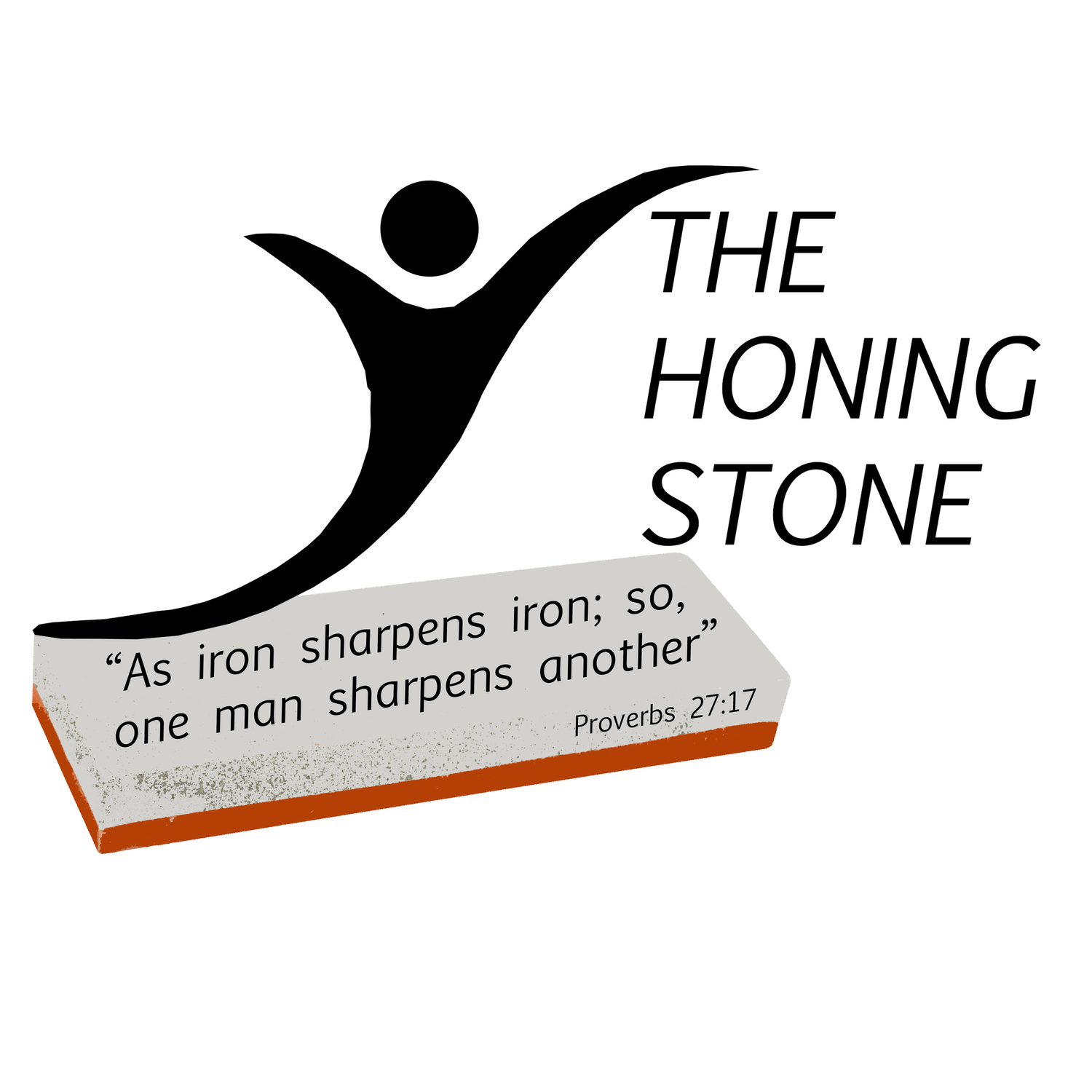I MADE A COWORKER CRY
I had some unexpected expenses come up for my business. I decided on a part-time job to cover those costs. The job allowed me to enter the gain a different perspective after serving in the military and working for the Federal Government for the previous 35 years. The experience although relatively short did confirm some assumptions and gave me some new friends.
As I clocked in on my last shift, I told a few of the associates that I was leaving (on a good note) and that I appreciated the opportunity to work with them. I offered a few observations to one of the managers and some of my colleagues whom I had seen most frequently. There was one young woman; let’s call her Ruth, whom I made a special note of speaking to that night. Even though we rarely spoke she impressed me and I wanted her to know it.
I saw Ruth just about every day. Usually Ruth was interacting with customers, she was always pleasant and always in motion. When Ruth was not working with a customer, she cleaned her area, helped other associates, or returned merchandise to its department. She was never without a smile and she offered to help when she saw the opportunity to do so. I told Ruth that this was my last shift, and I wanted to share a few observations about her that I had noticed. Initially, Ruth apperared concerned about what I would say. I told her it was all good, I wanted to share it with her because I felt it was important for her to hear it. I said: “You are always very quiet, and it is easy for people to overlook you. I see you getting things done quietly and professionally, always happy to help and easy to approach. I want you to know that while we did not speak much, I noticed you.” Ruth’s eyes turned red and she started to tear up. Ruth responded: “you are going to make me cry. Thank you! No one has ever said that to me.” Ruth’s team leader was one of the better leaders in the organization. That leader was very careful to give constructive feedback, coach new employees, and help people improve their performance. I believe there was one thing missing, positive affirmations for the team members who are doing it all correctly without drawing attention to themselves.
My encounter with Ruth made me wonder, as leaders how often do we give “good feedback”? How often do we do things to affirm our team member’s efforts when no other feedback is necessary? Ruth is a quiet professional who does not need any correction, she does her job well and that allows her team leader to focus on other parts of the team that need more attention and direction. I believe that in the daily grind, it was easy to forget about the people like Ruth. I am glad I spoke to Ruth. At the same time, I should not have been the first person to say that to her.
James Clear, the author of Atomic Habits says that the cardinal rule of behavior change is “what rewarded gets repeated, what gets punished gets avoided.” It follows that rewarding existing behaviors ensures they continue. As leaders, we should not be afraid to give feedback when it is necessary, we should also look for opportunities to give feedback on the things we want to see continue. In addition to giving feedback, leaders should solicit feedback from all of our team members on a routine basis. Feedback in both directions increases trust, connection, and engagement. That connection could make all the difference in someone’s day.
When was the last time you told a coworker they were doing a good job? Are there any quiet professionals on your team that you have overlooked? Are team members who you would miss if they left today? What are you going to do to provide positive feedback, thank the steady performers, and keep your key players?
Investing in leadership training and practices increases employee satisfaction, engagement, retention and performance. I am happy to help you or your organization learn more about leadership so your team can keep the high performers, raise employee engagement and be more productive.
Lou Kelley is a Leadership Coach and the owner of the Honing Stone. Lou has over 35 years of military and federal government experience and his passion is helping people perform at their best.
